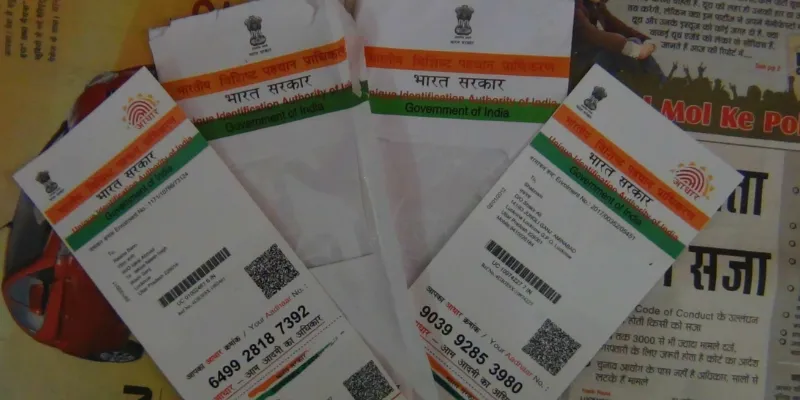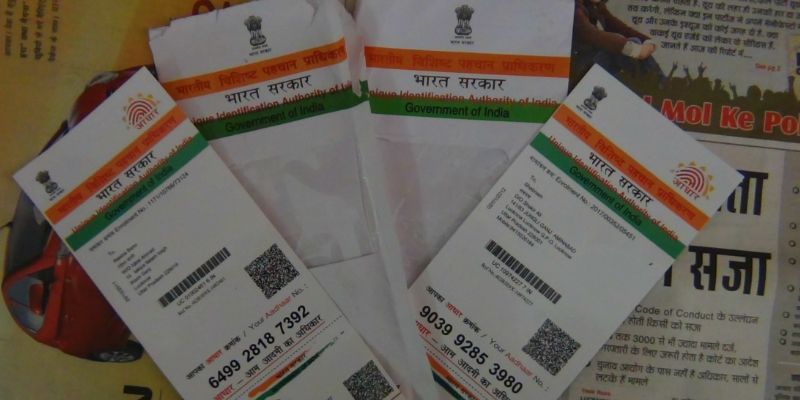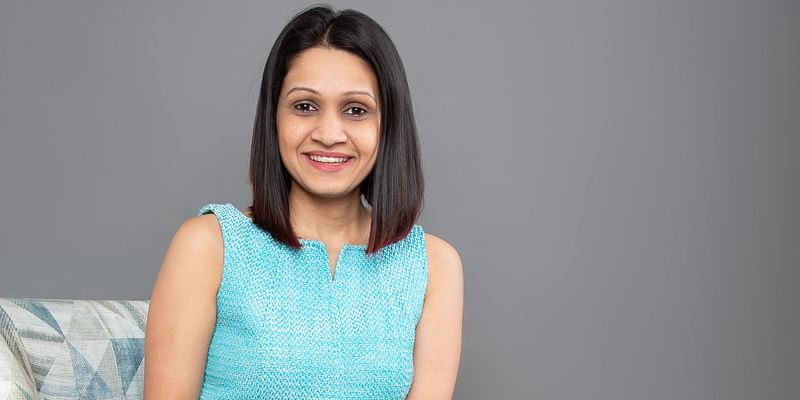Aadhaar's success inspires Russia, African countries to give their citizens digital identity
India’s biometrics-based identification system Aadhaar is seeing global interest with governments overseas considering adopting the model or some form of it. A Livemint report finds that Russia, Morocco, Algeria and Tunisia have evinced interest in Aadhaar, under which the Unique Identification Authority of India (UIDAI) has enrolled more than one billion people.

Image credit- Youthkiawaaz.com
The department of IT, Ministry of External Affairs and Telecom Regulatory Authority of India (Trai) Chairman R.S. Sharma, who served as UIDAI Director-General from 2009-13, are part of an effort to promote the Aadhaar model overseas. The World Bank is acting as a facilitator in the process.The External Affairs ministry also included Aadhaar on the agenda of Indian Vice President Hamid Ansari’s recent visit to Morocco and Tunisia.
R.S. Sharma recently addressed a seminar on financial inclusion in Russia, which was attended by representatives of European Union and International Monetary Fund. In an interview on Wednesday, he said,
Morocco wants to do what India has done in the space. On India’s recommendation, Morocco has included provisions for biometric identification and authentication in its proposed national population register (NPR).
He also noted that Morocco seem to have changed its strategy and approach, now more aligned with the UID project of India.
Mint stated that Morocco’s attempt to reform its system of identification is being facilitated by the World Bank, which also wants to bring a high-level delegation from Morocco to India to discuss collaborations around the programme.
The country wants to develop a programme on the lines of Aadhaar for executing social welfare initiatives. Morocco envisions giving each citizen a unique identification number and developing an NPR covering its entire population.
In India, Aadhaar recently completed the enrolment of a billion people in May, about five-and-a-half years after the programme was launched. In December 2015, UIDAI had reported that it had reached the landmark of linking 100 million (10 crore) Aadhaar accounts.
The Indian government has made Aadhaar the pivot for delivering subsidies and other social welfare benefits directly to the people by transferring cash to their bank accounts, seeking to cut out middlemen and curb leakages. In June 2016, UIDAI partnered with banks like State Bank of India, Punjab National Bank, Bank of Baroda, Allahabad Bank, Canara Bank for A Special Aadhaar enrolment drive for pensioners to help them avail the convenience of Jeevan Pramaan, an initiative of Department of Pensions and Pensioners’ Welfare, Government of India.
Related read: Aadhaar appeal grows, downloads touch 40-crore mark
The government claims that through direct cash transfers to Aadhaar-linked bank accounts, it is saving Rs 15,000 crore a year in liquefied petroleum gas subsidy alone. Mint observed that Aaadhar is also a key element in India’s move towards a cashless economy.
The journey hasn't been smooth sailing though. Aadhaar has had its share of detractors. Privacy rights activists, for instance, have expressed concern that data gathered by the system, which uses biometric information based on fingerprints and iris scans, may be abused.
Those concerns don’t seem to have deterred other governments from putting in place an Aadhaar-like system. Trai’s Sharma said the Bank of Russia, which is like the Reserve Bank of India, has conceived of an identification project based on biometric information. He said,
They could not comprehend that one billion people in India have got digital identity. They asked us how is this done. I said Russia’s population is 140 million, then they need just 140 days. It can be done as quickly because we did it at one million per day.
He added that the World Bank also wants to roll out similar projects in Africa’s Maghreb region, which includes Algeria and Tunisia.The World Bank, in its World Development Report 2016, released in January, said Aadhaar was worthy of replication by other countries, calling it an example of technology leading to economic transformation. Krishnan Dharmarajan, executive director at the Centre for Digital Financial Inclusion told Mint,
“The fundamental idea of having a biometric identity linked through a number is very powerful. The aspect to learn for the world would be the challenges faced by India for implementing the same as it is still a work in progress. We have overcome many hurdles to reach this stage—not just technological but even the non-technological challenges. The key takeaway from India’s Aadhaar scheme is how it has been linked to benefits transfer, even as the same is in its initial stages.”









